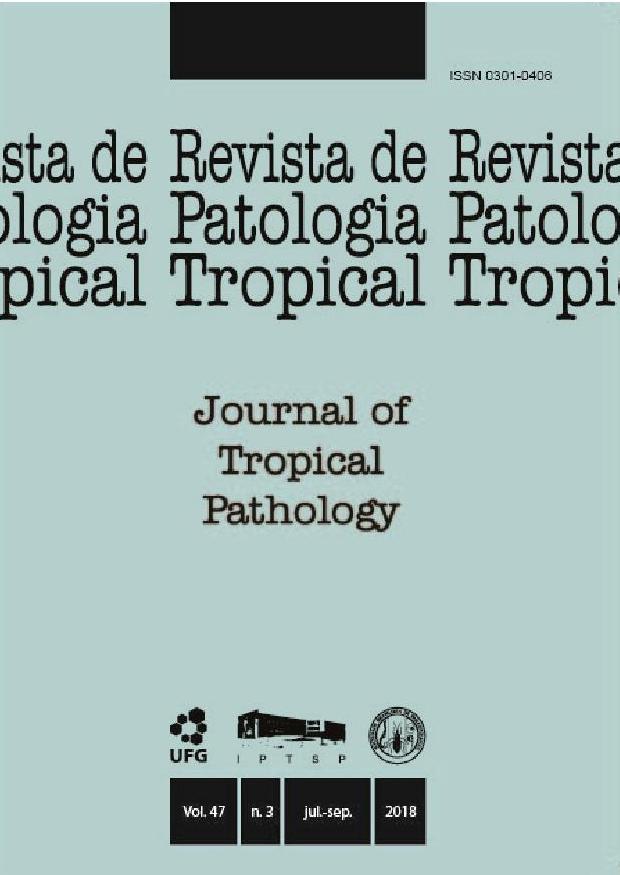In silico REPOSITIONING OF NEW DRUGS AGAINST Schistosoma mansoni
DOI:
https://doi.org/10.5216/rpt.v47i3.55429Keywords:
Control, Schistosoma mansoni, drug repositioning, chemogenomics.Abstract
Schistosomiasis is a neglected tropical disease caused by parasites of the genus Schistosoma. In Brazil only Schistosoma mansoni causes this disease. The World Health Organization estimated in 2012 approximately 249 million people at risk of acquiring this disease around the world. The main strategy to control this disease is praziquantel treatment of individuals living in endemic areas. The drug praziquantel is used on a large scale in the treatment of schistosomiasis and currently there are reported cases of resistance, indicating the need to discover new drugs. In silico drug repositioning is a time and cost reducing strategy in the search for anti-Schistosoma agents. This work used bioinformatic tools to identify potential schistosomicidal drugs. A list was compiled of S. mansoni potential targets that are part of essential processes in the database TDR and the targets that are part of the tegument were obtained in the scientific literature. The file with S. mansoni targets contained 1,376 targets, and of these only 61 targets associated with 399 drugs had homology with drug targets. After removal of duplicate drugs, drugs found in previous studies and after the analysis of the conservation of the binding site, only 28 S. mansoni targets associated with 102 drugs had 60% or more of the active site conserved. Some of the drugs had activity and are interesting to validate this study such as: artemether, lumefantrine, meloxicam. Among the drugs found 18 drugs were selected to be tested in prospective experimental assays according to the following criteria: low toxicity in vivo, off-patent status, and logP <5.0.Downloads
Downloads
Published
How to Cite
Issue
Section
License
The manuscript submission must be accompanied by a letter signed by all authors stating the full name and email address, confirming that the material has not been published or is under consideration for publication elsewhere, and agreeing to transfer copyright in all media and formats for Journal of Tropical Pathology. The authors will not be paid for published articles. They are solely responsible for the content of those articles, even if the Editor holds the right to adjust them to the norms of the journal.
The reviewers will not be paid for the peer review process.

